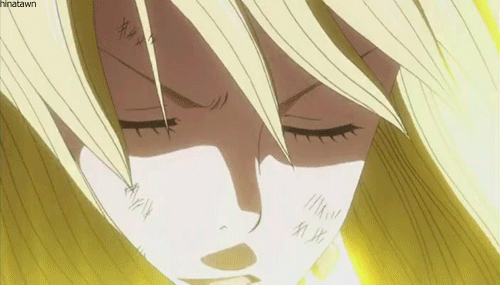For those that immediately blame the parents: statements such as "my child would never do this" or "I know my kid and this isn't what he/she does" provides some (keyword here) evidence that the parents may have instilled good values and social manners but aren't aware of the outside influences that media, socialization and other people in general may have. Children aren't robots- they won't obey every single command word for word, action for action. If you tell them to go to bed, it doesn't mean that they'll go to bed. If you tell them to not hang out with "so and so", it doesn't mean that they'll listen. Parental guidance can only go so far, so blaming this fiasco solely on the parents (or at least for the most part) doesn't contribute to anything.
In regards to physical punishment, I don't personally condone it, and if I ever do have children, I don't think I would discipline them in this manner. "Spanking" or any other synonyms people may have breeds more spite and even worse behavior in my opinion. "What was your punishment for doing this?" "Oh I got spanked." The "punishment" itself is a momentary thing- it lasts only as long as the physical pain lasts, and although it does leave some scars on people, the scars won't necessarily represent the wrongly committed action. It would simply be "Oh, this is when this happened so I received this." Reflective punishment however, such as making the child face the person they've wronged, or perhaps forcing them to write something reflective would be more effective in my opinion. Apologizing to someone after knowing what you did was blatantly wrong is a huge task and takes a massive amount of courage. Although this may not seem like a punishment, it is, but in a meaningful sense. It's similar to confronting a fear. It brings up core emotions: shame and guilt. Shame is more external than internal- it's more related to how you feel about other's perceptions of you. Guilt is how you feel about something specifically that you've done and relates to how you view yourself as a person. While these emotions are powerful and, in a metaphorical sense, dark, these emotions are also what drives people to change. For example, someone does something embarrassing and a group of people laughs at them. The person is ashamed, and is thus more careful the next time.
For guilt it becomes a little more complicated, as it has to do more when a person commits something that normally goes against their morals and self-beliefs. For example, I become desperate and cheat on a test. I never cheat, but this time I decided to do it since I was in a tight situation. This action doesn't necessarily have to do with how others' perceive me, but has to do more with how I see myself. I get my test back and it turns out I received an A-- but did I really earn that A? It wasn't on my own merit. I feel guilty, so I rat myself out to the teacher, and since it now involves another person, I am ashamed of my action. Confronting the teacher about my actions is a tough thing because I'm aware that once she knows, her perception of me might change (by the way, I only made the teacher a she because reasons, not because I'm a sexist basterd that believes all teachers are women). Anywho, these examples may seem weird and difficult to apply to the current situation- but how do you think those kids on the bus would fare if they confronted the school bus monitor and apologized? What would go through their minds? Same thing with other children- if you notice, making a child apologize to another child is surprisingly difficult. But making them do it really (for the most part at least) makes things much better than simply hitting (spanking) a child and using constant negative reinforcements. In addition, negative reinforcement that becomes abusive is completely out of line. A learning experience shouldn't have to be traumatic by choice (and by choice I mean the parent choosing to make the punishment traumatic; if the experience itself is traumatic, such as accidentally pushing a person into a body of rushing water and having them swept away in front of your eyes, then there really is no control over how that will affect later behavior), but instead meaningful- it should have logical significance as well as emotional significance.
It's also important to note that although the things these children said to the school bus monitor are malicious and very hurtful, they are also children, and they will make mistakes. Many times people believe they understand the concept of 'consequence', and how their actions may affect themselves and others. Many times, people are also wrong. For most of us, it's only until we make grave mistakes and get ourselves deep in a sh*thole that we begin to realize the true meaning of consequence and what it means to have your actions affect others. For these kids, their mistake was now, and we can only hope that it will make them better and not bitter.
Edited by Pikachew, 08 July 2012 - 10:47 AM.



 This topic is locked
This topic is locked
























